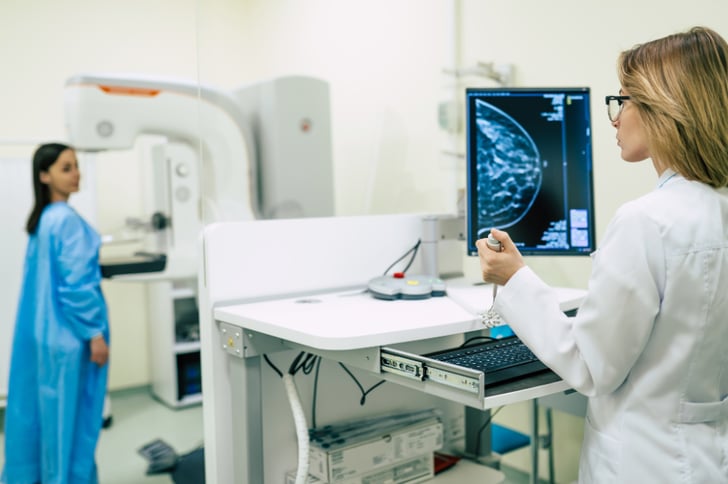Why Mammograms Matter: The Power of Early Detection in Women’s Health
Early detection saves lives. This blog breaks down why mammograms matter, who should get them, and what to expect—especially for women in higher-risk areas like Long Island. Whether you're scheduling your first screening or just need a reminder, this is your guide to understanding the life-saving power of a mammogram.

When it comes to protecting your health, early detection is everything—and few screenings are as vital as a mammogram. Breast cancer remains one of the most common cancers affecting women worldwide, but when detected early, it’s also one of the most treatable. A simple, routine mammogram can truly be life-saving.
What Is a Mammogram?
A mammogram is a specialized X-ray of the breast designed to detect abnormalities or changes in breast tissue long before they can be felt. It’s the gold standard in breast cancer screening, capable of identifying early signs of cancer—sometimes up to three years before a lump can be detected manually.
There are two main types:
Screening Mammogram: A routine check for women without symptoms.
Diagnostic Mammogram: A more detailed exam if there’s a sign or symptom, such as a lump or pain.
Why You Shouldn’t Skip Your Mammogram
Many women delay or avoid mammograms due to fear, discomfort, or simply a busy schedule. But skipping this quick, low-risk procedure can mean missing the window when cancer is most treatable.
Here’s why keeping up with your mammograms is critical:
- Early Detection Saves Lives: The earlier breast cancer is found, the better the chances of successful treatment.
- Less Aggressive Treatment: Cancers caught early often require less invasive treatments.
- Peace of Mind: Regular screenings offer reassurance, knowing you're staying ahead of potential risks.
Who Needs a Mammogram—And When?
General guidelines recommend:
- Women aged 40 and over should begin annual or biennial mammograms.
- Women with a family history or other risk factors may need to start earlier.
- Always consult your OB/GYN to personalize your screening schedule based on your health history.
Remember, breast cancer doesn’t always come with symptoms in its early stages. That’s why routine screening is essential—even if you feel perfectly healthy.
Addressing Common Fears and Misconceptions
- “It’s going to hurt.”
While mammograms can be uncomfortable for a few seconds, most women tolerate the procedure well—and any brief discomfort is far outweighed by the benefits.
- “I don’t have a family history, so I don’t need one.”
Around 85% of breast cancers occur in women with no family history. Risk exists for everyone.
- “I’m too busy.”
A mammogram typically takes 20 minutes or less. It’s a small investment of time for something that could save your life.
We believe that no woman should delay this vital screening out of fear or inconvenience. Our caring team is here to guide you through every step, answer your questions, and ensure you feel comfortable and empowered.
Take Charge of Your Health Today
Your health is too important to put off. If you're over 40 or have risk factors, now is the time to schedule your mammogram.
































